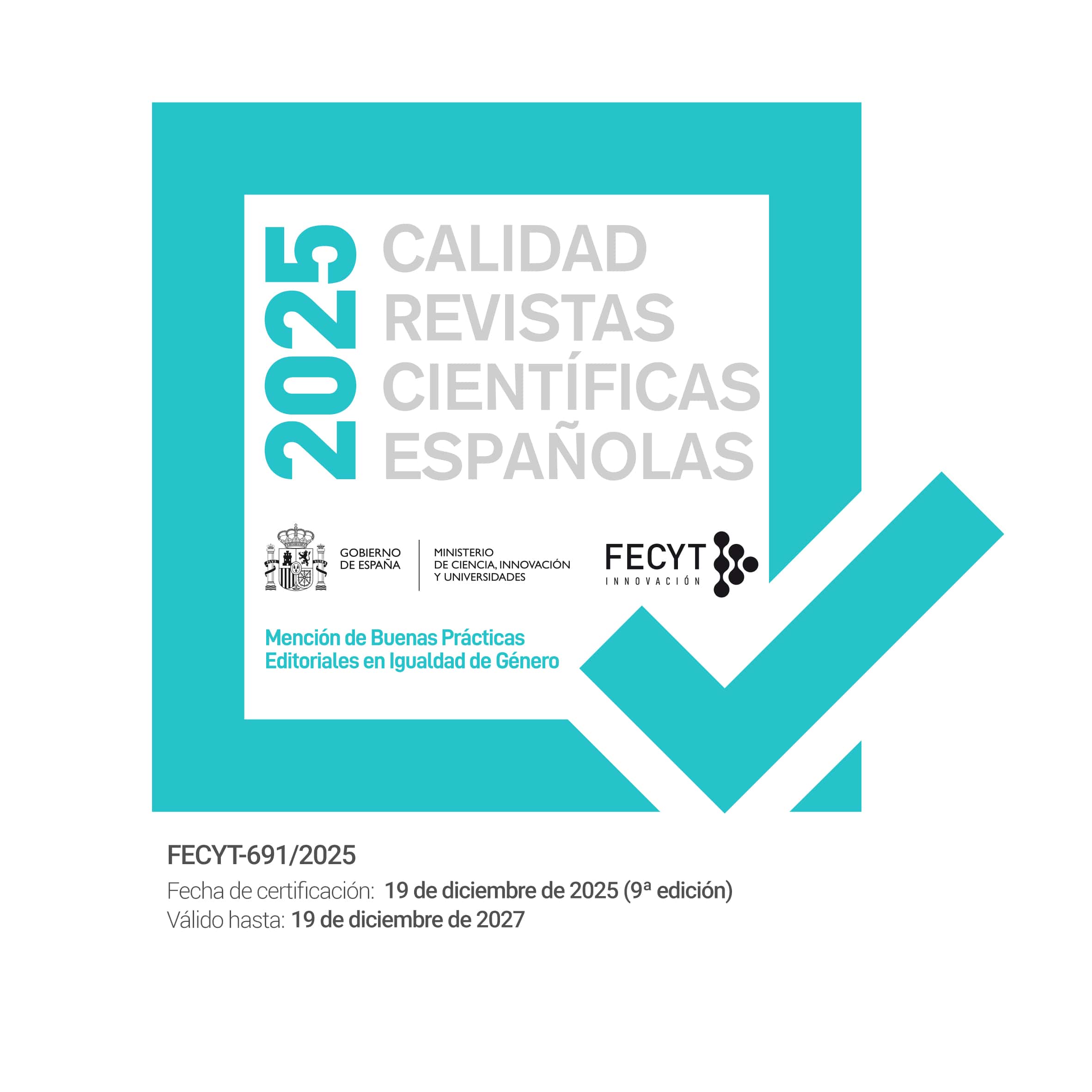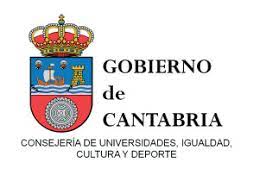The delirious virtus of the ingenious nobleman
DOI:
https://doi.org/10.55422/bbmp.22Keywords:
Quixote, Cervantes, Virtue, Delirium, Frenzy, Ingenuity, Melancholic temperamentAbstract
This article argues that Don Quixote's ingenuity is given by his delusional character, which, in turn, makes him more virtuous, since delirium enhances the virtue of actions and increases ingenuity. Here is the matter of the choleric-melancholic temperament; artists and geniuses are likely to have them, as in the case of Alonso Quijano, and the relationship between delirium or frenzy, virtue and ingenuity is deepened. His gloomy temperament makes him either depressed or enthusiastic, or, in common words, a madman. And, at the same time, as long as his delusion doesn't kick in, he's generally a discreet man. Regarding other emotions, Don Quixote seems to follow the Aristotelian guidelines regarding anger and its balance with reason. He also exposes prudence and resignation as standards of the knight errant, who always advocates justice and goodness.Downloads
Download data is not yet available.
Publication Facts
Metric
This article
Other articles
Peer reviewers
0
2.4
Reviewer profiles N/A
Author statements
Author statements
This article
Other articles
Data availability
N/A
16%
External funding
N/A
32%
Competing interests
N/A
11%
Metric
This journal
Other journals
Articles accepted
7%
33%
Days to publication
6034
145
Indexed in
- Academic society
- Sociedad Menéndez Pelayo
- Publisher
- Sociedad Menéndez Pelayo
Global Statistics ℹ️
Cumulative totals since publication
|
269
Views
|
100
Downloads
|
|
369
Total
|
|
Downloads
Published
2005-12-10
How to Cite
Serés, G. (2005). The delirious virtus of the ingenious nobleman. MENÉNDEZ PELAYO LIBRARY BULLETIN, 81(único), 637–685. https://doi.org/10.55422/bbmp.22
Issue
Section
Artículos
License
Copyright (c) 2022 Guillermo Serés

This work is licensed under a Creative Commons Attribution-NonCommercial 4.0 International License.








